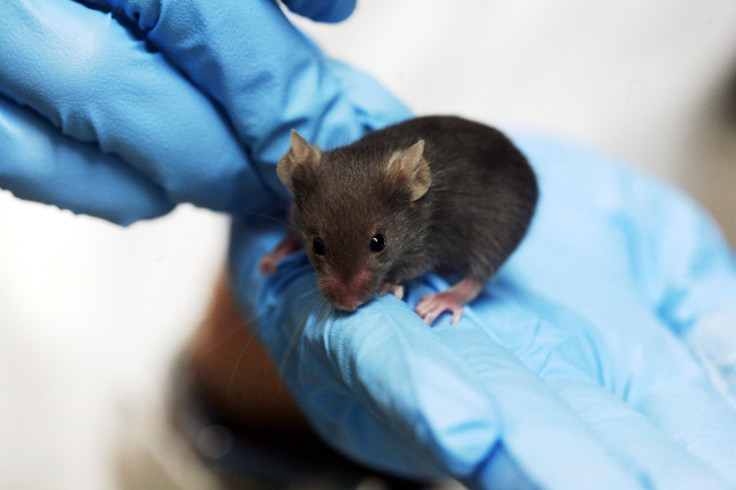Of Mice And Men: Lab Rats’ Fear Of Male Researchers ‘Might Affect’ Experiment Results

Laboratory rats and mice have been part and parcel of scientific experimentation for more than a century, but new research says lab rodents’ fear of male scientists could skew findings.
According to a study, published Monday in the journal Nature Methods by researchers from McGill University in Montreal, the distinct smell of male pheromones triggers a stress response in rodents equivalent to confining them in a tube for 15 minutes or making them swim for three minutes. Researchers say this is the first time a study has demonstrated lab rodents’ awareness of their human handlers.
"Our findings suggest that one major reason for lack of replication of animal studies is the gender of the experimenter -- a factor that's not currently stated in the methods sections of published papers," lead researcher Robert Sorge, a psychology professor at the University of Alabama and a postdoctoral fellow at McGill, said in a statement.
The problem with stressed out mice and rats -- which account for 95 percent of all lab animals worldwide -- is that anxious rodents of both sexes are less sensitive to pain. Researchers are worried that any experiment looking at the side effects of drugs or tests that monitor rodents’ response to various levels of pain could be jeopardized if the rats or mice were stressed in the first place.
To test rodents’ response to experimenters of both sexes, researchers presented lab rodents with several cotton T-shirts worn the previous night by either male or female scientists. They found that rodents in the presence of only male scents had increased body temperatures and levels of the stress hormone corticosterone.
Surprisingly, researchers noted that female scents actually counteracted the effect of male pheromones on laboratory mice and rats. Rodents in the presence of both male and female T-shirts were noticeably calmer than those that were only presented with male T-shirts.
The reason? "A lone male is up to no good -- either hunting or defending his territory,” Jeffrey Mogil, a pain researcher at McGill University and lead author of the study, told The Verge.
Researchers believe that rodents react to male smells in this way due to competition, not predation. Male mice are territorial and compete with males for mating partners.
“It's probably a little bit evolutionarily adaptive to have this effect until you can determine that a male that's around doesn't actually mean you any harm," Mogil told The Verge.
This idea is consistent with the study’s findings. Researchers discovered that not only did laboratory rodents become anxious around male experimenters, but also in the presence of other male smells, including dogs, guinea pigs and cats.
The solution, researchers argue, is simple: have male experimenters spend time around the rodents before beginning an experiment, as rodents’ stress levels diminish after prolonged exposure to male smells.
© Copyright IBTimes 2024. All rights reserved.












